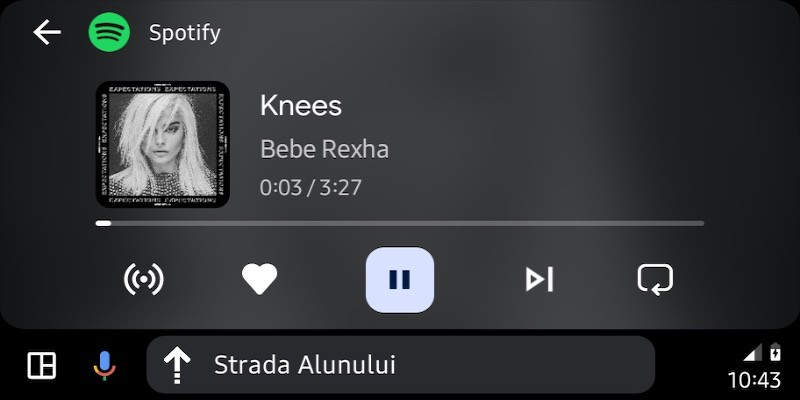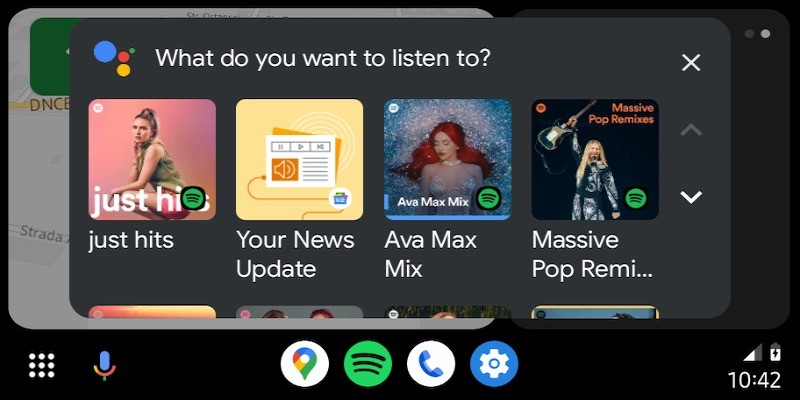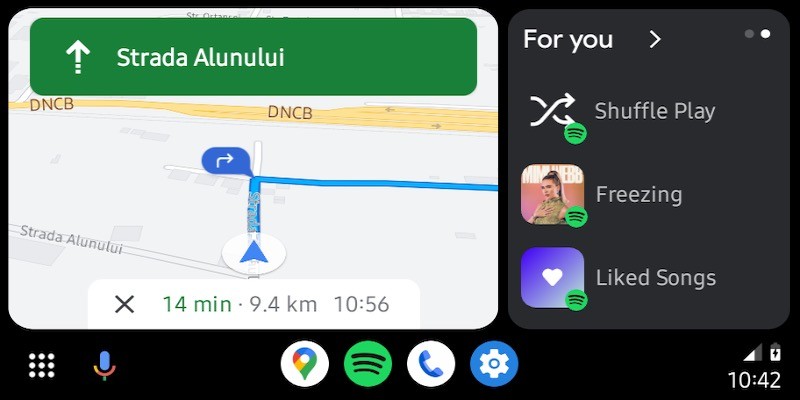Android Auto remains a cornerstone of the modern driving experience. Despite industry shifts towards embedded systems, the convenience and familiarity of connecting one’s smartphone to the car via Android Auto continue to resonate with a vast audience. While Google is judicious in sharing specific adoption data, the undeniable growth of its user base is evident.
As Android Auto evolves, incorporating innovative features and functionalities, Google must ensure compatibility across a broad spectrum of devices. This necessitates periodic updates to system requirements, which may involve discontinuing support for older Android versions.

By maintaining a focus on the latest technologies and user preferences, Google empowers drivers to stay connected and informed on the road while prioritizing safety and efficiency. While wired Android Auto remains the most accessible option, relying on a physical connection between your phone and car often leads to frustration.
Compatibility issues with cables and intermittent disconnections are common complaints. Furthermore, Google’s recent, unannounced increase in the minimum Android version required for wired connectivity has added another layer of complexity.
Despite these challenges, a high-quality USB cable and a stable internet connection are essential for a smoother experience. Wireless Android Auto offers a more seamless and convenient alternative, but it comes with its own set of limitations. To ensure compatibility, most users need Android 10.0 or a newer operating system version.
Unlike many apps, Android Auto is pre-installed on Android devices and receives updates through the Google Play Store, allowing for a more agile development cycle compared to Apple’s CarPlay. This approach enables Google to introduce improvements and new features more frequently.

While most updates focus on incremental enhancements, the company is also exploring more substantial changes. For instance, integrating radio functionality into the Android Auto interface could significantly enhance user experience by eliminating the need to switch between apps.
As technology continues to evolve, we’ll likely see further advancements in both wired and wireless Android Auto. However, based on current trends, wireless connectivity appears to be the preferred direction for future development due to its inherent convenience and potential for greater innovation.

